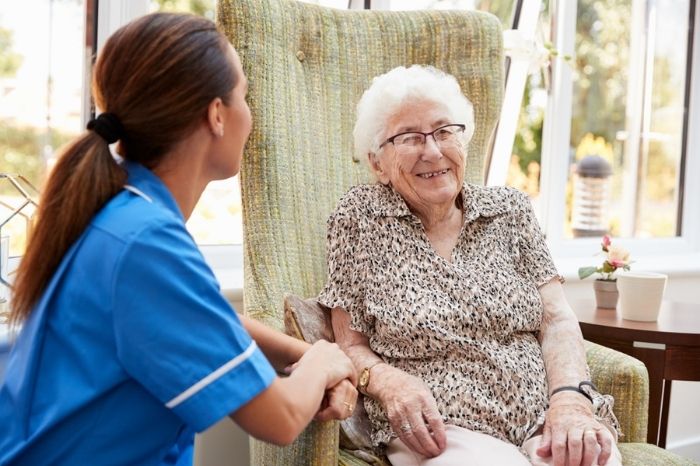Coping with loneliness
How to help the elderly with Loneliness
Knowing how to reduce social isolation in the elderly starts with yourself. If you’ve been feeling lonely for a while, it might feel daunting to go out and meet new people. You might worry that others won’t understand you or want to spend time with you. If your confidence is low, addressing how you’re feeling and reaching out to others can help. Loneliness in elderly people is unfortunately quite common, but you are not alone, and there are many programs, support groups, and things you can do.
Talk about it
If you’re going through a difficult time and need some emotional support, you might find it helpful to talk about what you’re feeling. If you have people close to you, try reaching out to them. However, if you’d rather speak to someone impartial, some organisations can help:
- Cruse Bereavement Care can support you after the death of someone close
- If you are experiencing difficulties in your relationships, you could contact Relate for help
- Samaritans provide free, confidential emotional support. You don’t have to be depressed or suicidal to call them – they will talk about anything that worries you
- The Silver Line is a helpline providing emotional support and advice to older people
- You could ask for a short course of counselling through the NHS - you could refer yourself or ask your GP to refer you.
Volunteer visits or calls
One of the leading causes of social isolation in the elderly is not having essential, everyday communication. You may want some company or a chat on the phone with someone. Luckily, many organisations offer befriending schemes.
Organisations that offer befriending services include:
Partners and loneliness
The loss or lack of a partner can be the hardest thing for some elderly people. You may have people around you but miss having one person to share your life with. This can be very difficult, and you might feel you want to put all your energy into meeting someone new, but learning to spend time alone and building other supportive relationships can help you feel less lonely.
If you feel ready to start a new relationship or friendship, there are many ways to meet people. Joining a group can be an excellent way to spend time with others and get to know them at a pace that suits you. Some people also try online dating – an increasingly popular way for people of all ages to meet new partners.
Learn to be alone
This may feel like the opposite of what you should be doing, but being on your own is different from being lonely. Learning to enjoy your own company can help you to feel less alone even when you don’t have others around you. Try using your alone time to learn a new skill or indulge in an interest your friends don’t share.
Get a pet
If you want more company at home, you could also consider getting a pet. Many people find them very comforting, and having a dog that needs walking would also give you an excellent reason to get out and keep active. If you don’t think you could keep a dog at home full time, you can sign up to look after or walk one for someone else through organisations like The Cinnamon Trust or Borrow My Doggy.
Ways to help elders with isolation
If you have an elderly loved one that you are worried about being lonely, there are many things you can do to help. Something as simple as phoning them a few times a week or popping round to see them can make a world of difference. Decreasing isolation in older adults can easily happen through basic, consistent communication to make them feel thought of and not forgotten.
How to find the right care for you or your relative
1. Find your local office
Bluebird Care delivers care from locally based offices, find yours to start your care journey today.
2. Get in touch with us
Fill in our call back form or give us a call to find out how we can help you.
3. Assessment
We’ll come out to you to find out what you or your loved one needs to help stay independent at home.
4. Care team chosen & care starts
You'll be cared for by our specially trained team to support you to remain at home for as long as possible.


